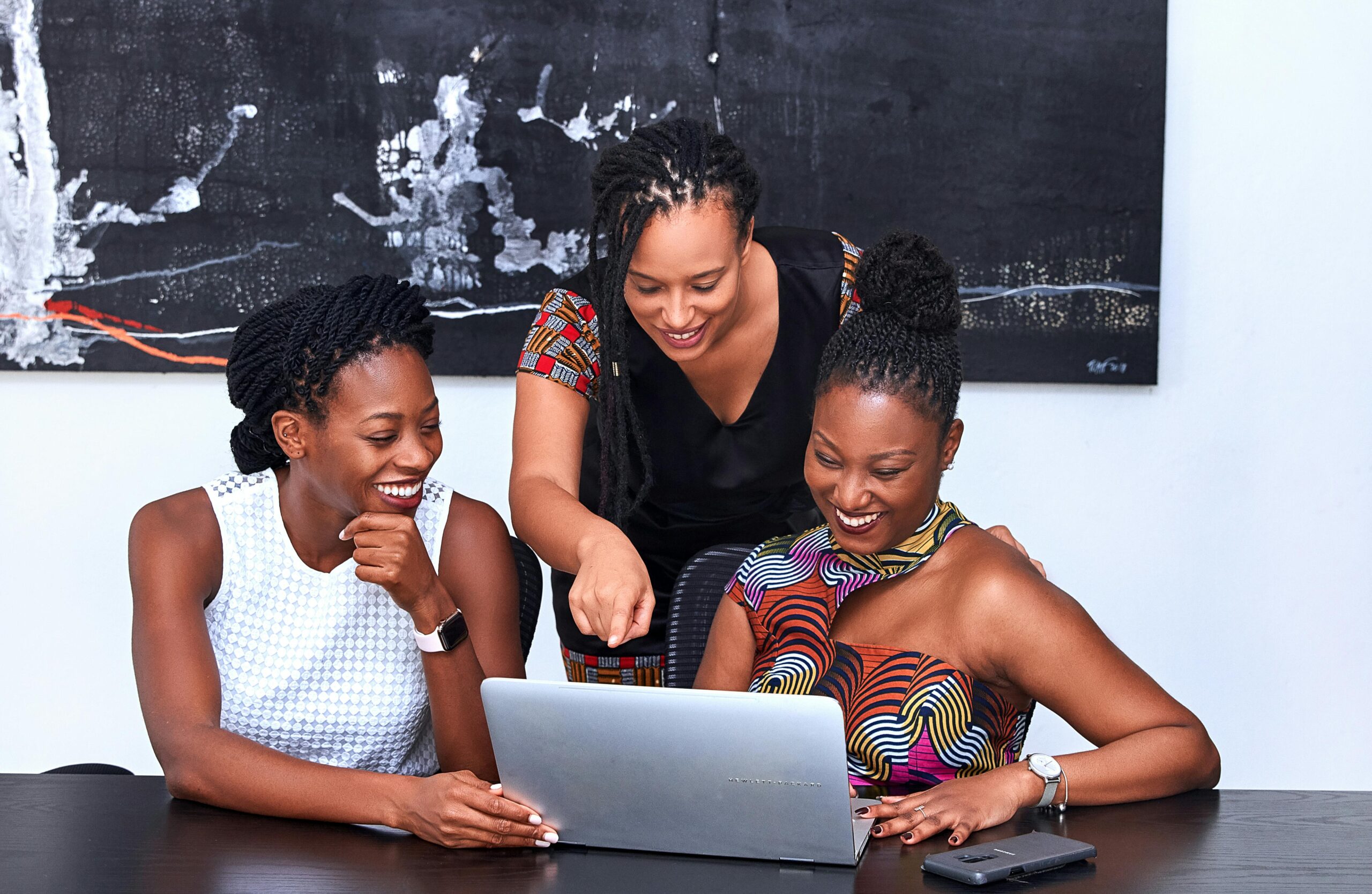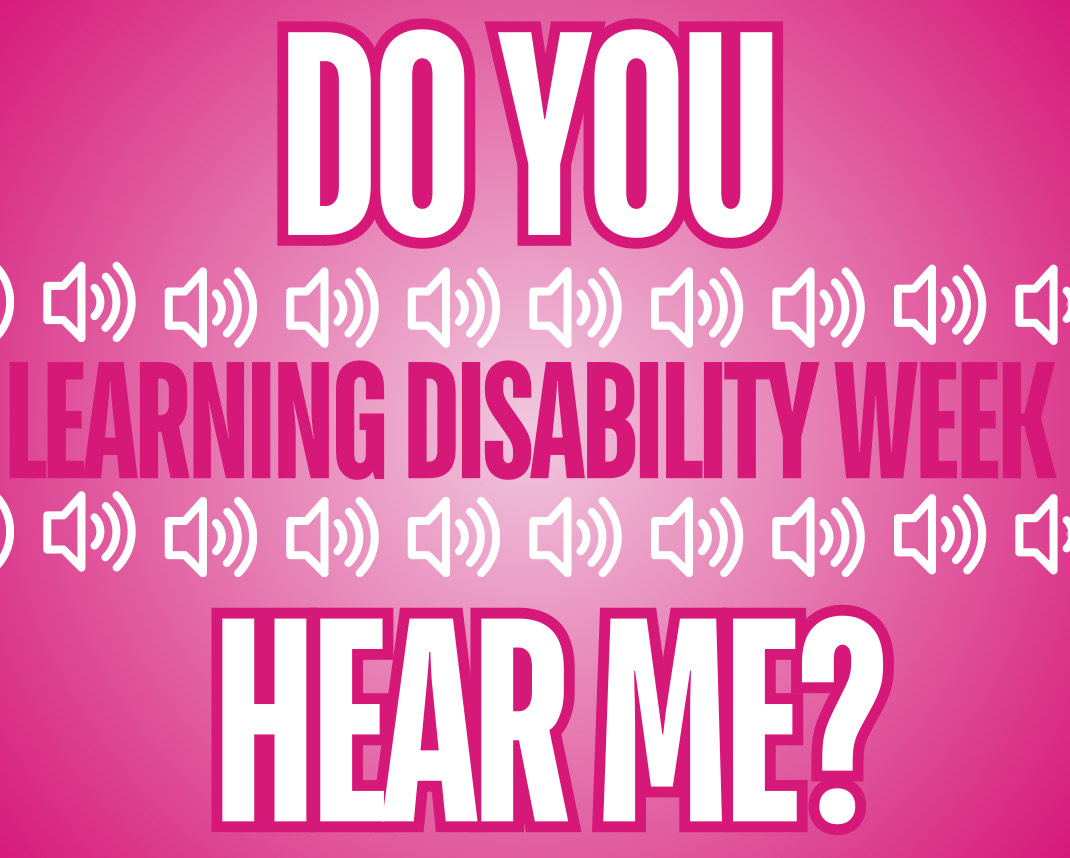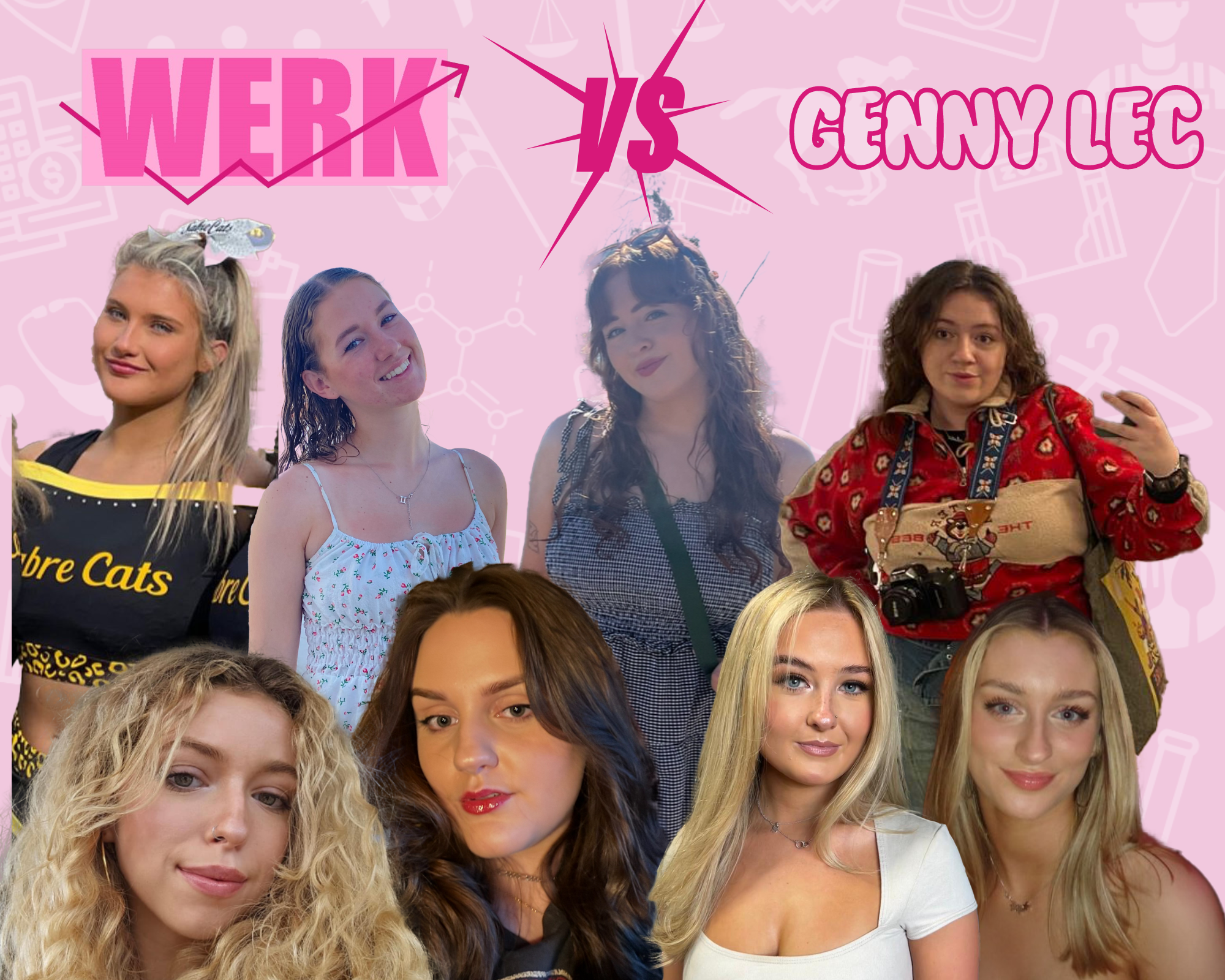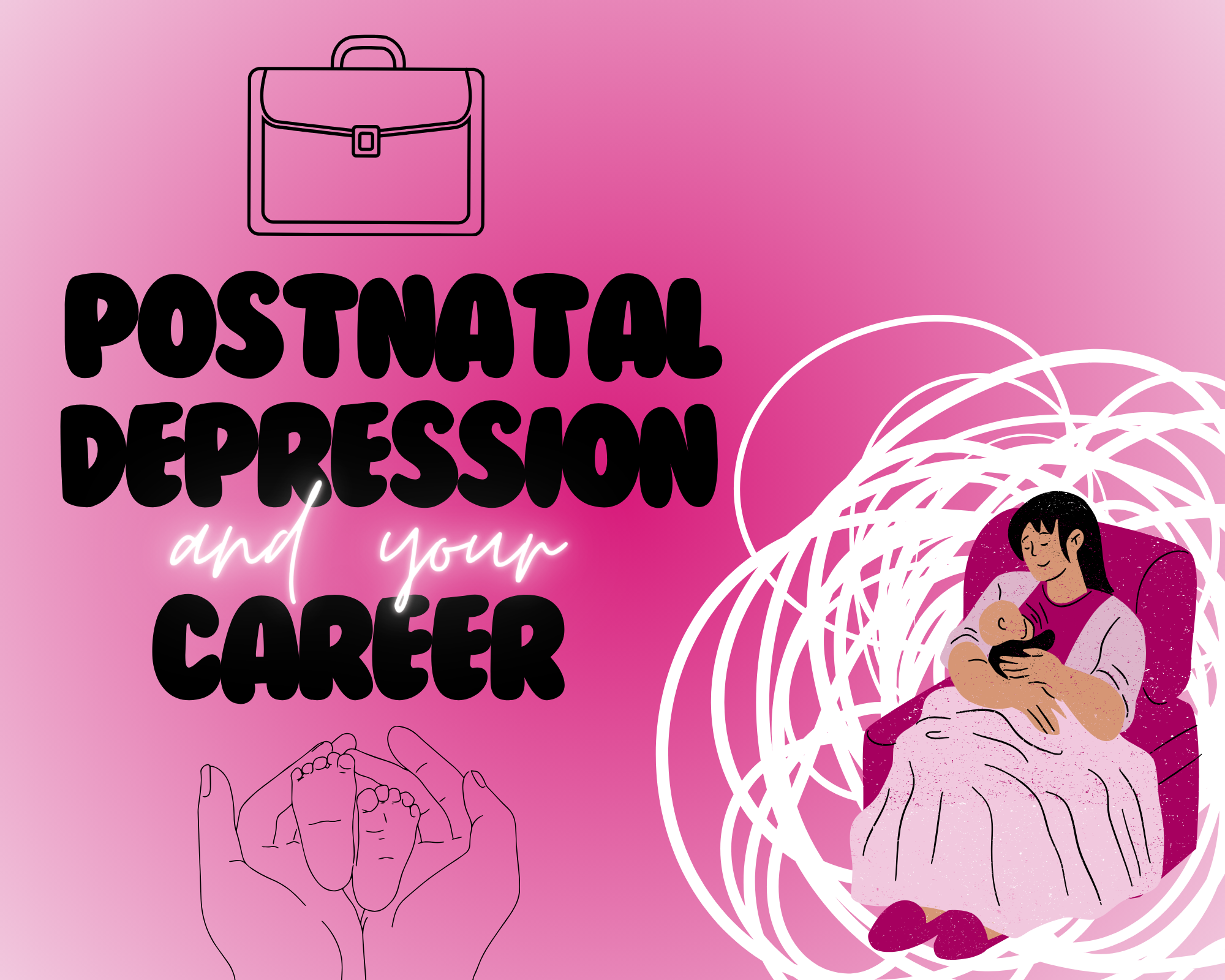In a fast paced world built for extroverts, the loudest voices are usually the centre of attention, an environment that is not the most welcoming to the introverted black women.
It’s Friday night, and you’ve almost completed your task for today, the rest of your plans consist of you, snacks and the new Netflix show you’ve been hoping to binge.
After ten excruciatingly long hours you’re done, and as you’re getting ready to leave your manager pulls you to his office to address concerns about your “attitude”. They suggest that you need to be more “friendly” and that your lack of socialising with other co-workers at lunch is interpreted as “disrespectful”.
In reality those sacred hours at lunch time are a lifeline to you, allowing you to recharge your ever dying social battery.
A daily occurrence for now self employed Aliyah , 28, from Birmingham who often felt alienated or left out when she did try to socialise with others.
According to Dr Sheri Jacobson, a retired senior therapist with the British Association for Counselling and Psychotherapy, “Introverts can feel pushed out of discussions simply because they’re not making their voice heard the loudest.”
So where exactly does the differentiation lie for the black introverted women?
The odds are stacked against, black women, who are constantly walking on the thinnest of tightropes, having to make sure that they don’t step out of line. Constantly having to go above and beyond to gain an equal footing against their counterparts.
Zuleika Lambe, a pluralistic counsellor and therapist, says that there’s this feeling of not belonging, like you’re the other. You start feeling like there’s something wrong with you, and that you’re not normal.
“Normal is subjective in meaning, everybody has their own idea of what normal is, but when a large part of the society thinks that people should act a certain way, and you don’t act like that you are looked at as different and treated differently. And it can lead to a feeling of isolation and loneliness, and just feeling like you don’t belong.” she explains.
Dr Onyeka Nubia, a British historian and author who has done extensive research into black studies and intersectionality, explains that this is based on the ideology of ‘Pigmentocracy’. A pyramid which rests on the nature that people of African descent remaining at the bottom of the hierarchy, never rising up to another level within the pyramid otherwise it upsets the racial order.
And this pigmentocracy he says has led to black women being stereotyped into three personas:
“First there comes the Mammy, who is seen as the very loud and very noisy woman, with a deep insecurity about everything but is quite forceful, she enforces the rules and regulations and is always subservient to the white male. [in this context the white supremacy system]
“Then there’s the Prissy who is either a young African woman who has nothing to say or what she does say is nonsense.
“Lastly, Jezebel. The Jezebel is seen as a danger to white society, slighting the supremacy of European females, and attracting the males of power, therefore is seen as a threat within the patriarchal society.” explains Dr Nubia.
So what does it look like when you don’t conform to these ingrained stereotypes? What does it look like when you don’t feel like forcing this extroverted personality?
It creates a boundary to progression, Assistant Manager Temwani Maza, 20, from Williams Landing, Australia who says, “The thing with being introverted is its close association with silence. The truth is in the corporate space, many interactions are transactional and the way people can move above the ranks is by knowing more. Being introverted poses a problem because our low social battery acts as a naturally enforced boundary that stops people from knowing more about us.
“People always assume something is wrong or that I’m sad for being quiet/introverted. They aren’t accustomed to the idea that diversity will also display in the personalities of people, not just towards race.”
If it’s not creating a boundary to your progression, they think that you’re angry content creator. Eliana Marie, 19, from Texas who says, “I am pretty extroverted, I usually have pretty decent interactions but when I’m quieter, people seem to think that I’m angry or irritated.
“I never get to be tired, relaxed, sad, or just having a bad day. It’s always some sort of negative projection being placed onto me as ‘the angry black girl’. At this point, I’ve come to terms with the fact that even if I am cheery, extroverted, or talkative, the world will only see an angry black girl.”
But, if they don’t think you’re angry they think you’re “standoffish” Liz, 20, from Pennsylvania who explains, “I guess. it’s not like I don’t talk at all, I just keep to myself and also don’t usually have much to say so that’s why I’m ‘quiet’ but since everyone around me is extroverted in comparison, they tend to overlook me or deem me weird and standoffish.
“When in actuality I’m just a naturally quiet and introverted person who may also potentially have undiagnosed social anxiety.”
These stories represent how the experience of black introverted women is a global and universally shared experience. Which although is unfortunate in the sense that these stereotypes hinder us in the workforce. It can also be viewed as beautiful.
We are able to share these experiences and relate with one another on a deeper level, thus showing the beauty of sisterhood within the black community.
While introverts may not always thrive in fast-paced environments, their quiet strength allows for thoughtful contributions – qualities that can be invaluable assets in the workplace.
“Continue being quiet and get comfortable letting your results do all the talking you don’t need to perform or assimilate to the expectations of others” says Temwani.
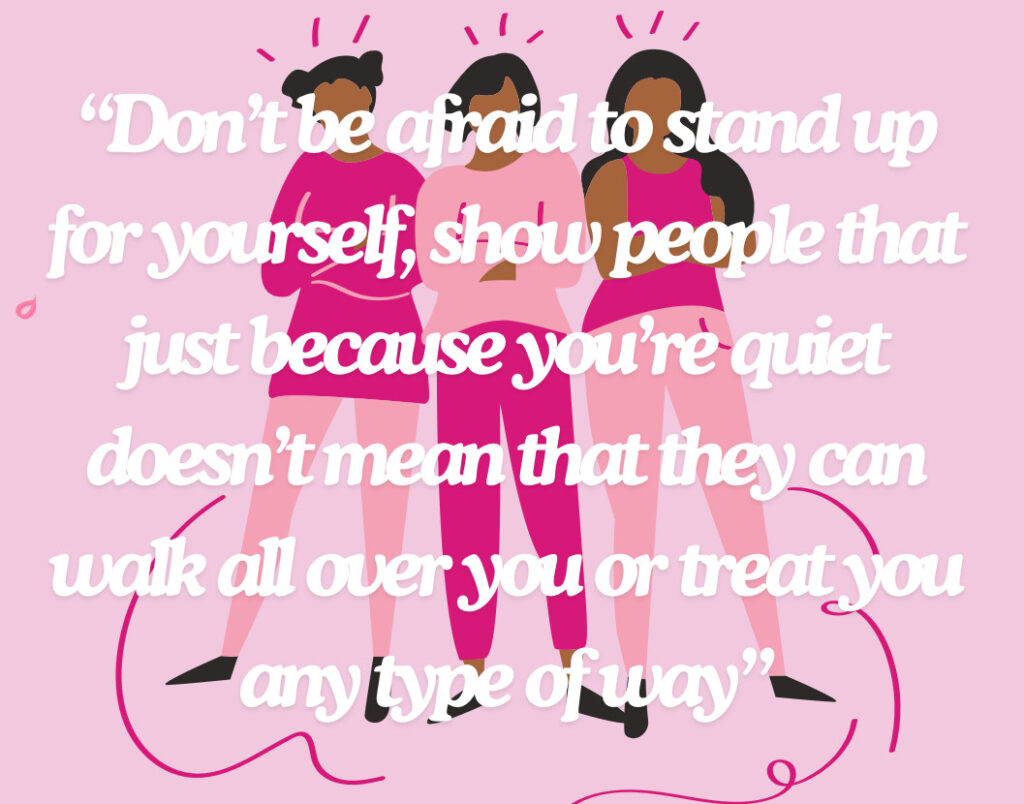
In her workplace, being a quiet yet effective leader allows her to do her job in peace, executing and producing top quality results.
“But also don’t be afraid to stand up for yourself, show people that just because you’re quiet doesn’t mean that they can walk all over you or treat you any type of way” says Liz.
Who, like Temwani, agrees that you shouldn’t diminish who you are to fit in but at the same time let them know that just because you’re quiet doesn’t mean you’re not a valuable individual.
As Bell Hooks once said “If any female feels she needs anything beyond herself to legitimate and validate her existence, she is already giving away her power to be self-defining her agency.”
The quiet strength of black introversion in the workplace is a force to be reckoned with, by recognizing and celebrating your individuality you unlock potential you were unaware of before. Let’s celebrate the depth of knowledge, insightful observations, and impactful contributions that Black women, in all their quiet power, bring to the table.
For more articles on supporting women in the workplace, read here- https://werkmagazine.co.uk/2024/05/24/can-our-female-friendships-determine-our-future-careers/

